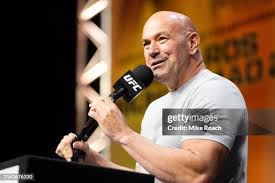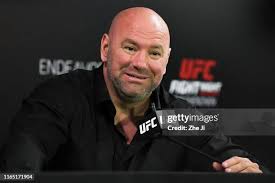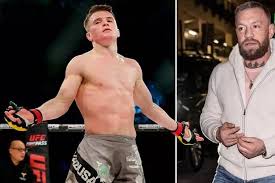
In 2014, the UFC came under fire after some fighters filed two separate antitrust lawsuits against them. The UFC agreed to pay $335 million to settle the issue, but Judge Richard Boulware has denied the settlement.
The agreement was reached on Tuesday after the preliminary approval was denied, and October 28 was set as the new trial date. This decision was reached after the judge objected to the settlement due to the low payout sum. The fighters in the second lawsuit could object to arbitration and class-action waiver clauses in existing contracts.
The lawsuit claims that the UFC cheated its fighters with suppressed wages. It is believed that they participated “in a scheme to acquire and maintain monopsony power in the market for elite professional MMA fighter services.” On the other hand, the promotion stated it invested in the sport overall but was eager to resolve the issue. A payout of $335 million was earmarked and filed with the Securities and Exchange Commission.
“We’re pleased to have this matter resolved without introducing any further changes to UFC’s existing business operations.” TKO chief financial officer Andrew Schleimer said during a financial call back in May. “The long-form settlement agreement is expected to be filed shortly with the court for approval.”

However, the promotion did not like the decision to deny the settlement. UFC issued a statement afterwards to express their dissatisfaction with the decision.
“We obviously disagree with this ruling and believe it disregards the expertise of counsel from both sides. As well as that of an accomplished and expert mediator [all of whom have decades of experience in antitrust case law.]” The UFC said in its statement. “It prevents the athletes from receiving what they have argued is in their best interest. And, it unwinds an extensively negotiated settlement that in the plaintiffs’ counsel’s own words, ‘would far surpass the typical antitrust class action settlement’ and ‘is an excellent result for the Settlement Classes by all traditional measures.'”
“Additionally, by taking the unusual step of denying the settlement at this preliminary approval stage, the Judge is also denying the athletes their right to be heard during this pivotal moment in the case. As we have said throughout this process, we believe strongly in the merits of our cases. We are evaluating all our options — including, without limitation, an appeal. We have initiated discussions with plaintiffs’ counsel, who have expressed a willingness to engage in separate settlement discussions for the Le and Johnson cases.

Although the Judge believes his decision is in the plaintiff’s best interest, the fighters’ attorneys argue this may not be true. They claim the settlement will financially relieve athletes who desperately need the money. However, sending the case to trial could result in a loss for them, and the fighters may end up with nothing.
“The reality is the claim has little value.” Eric Cramer, an attorney for the fighters, told the judge during a hearing about the proposed settlement. “They should take — they’d be better off both taking the money getting the injunctive relief.
“The world where that doesn’t happen is not in that fighter’s interests. Because I would tell that fighter if they were in my office. ‘You’re likely to lose. You’re likely to get nothing.’”
There are thousands of people out there who could really use that money. And if this settlement doesn’t happen and we are forced to take this case to trial, we will [do that] and lose. That, would be devastating for a lot of people.” Cramer told the judge during the hearing in July. “And a lot of money would come out of the pockets of a lot of people.”
It is still uncertain what the next step UFC will take. They might settle both cases separately, but the decision still rests in the judge’s hands to sign off on the lawsuit.



